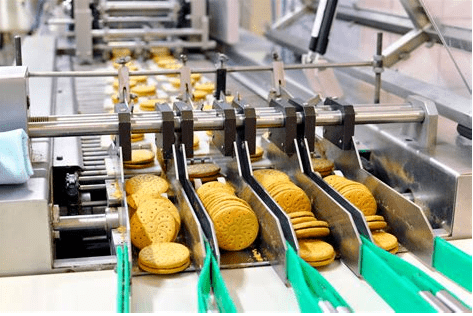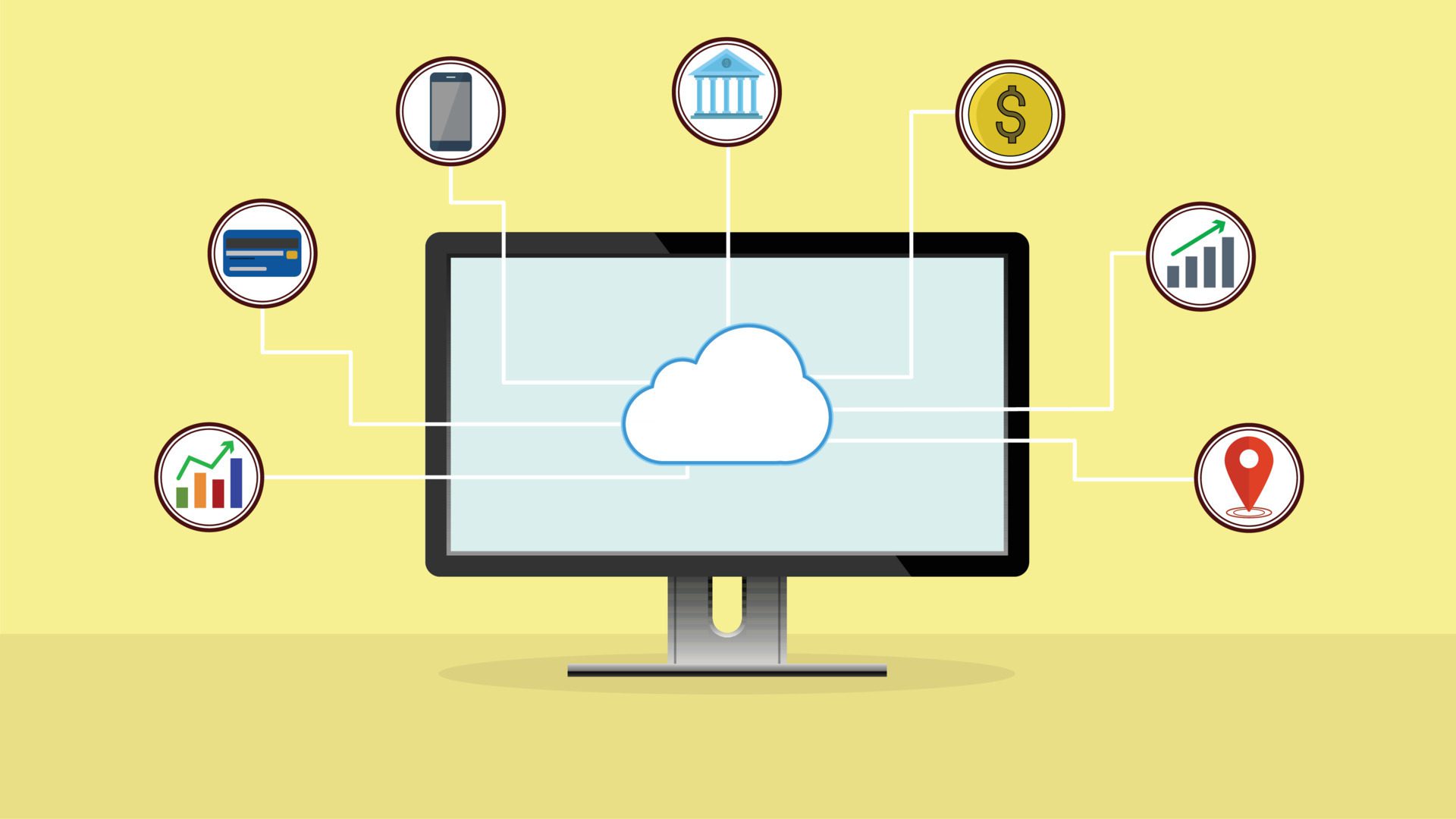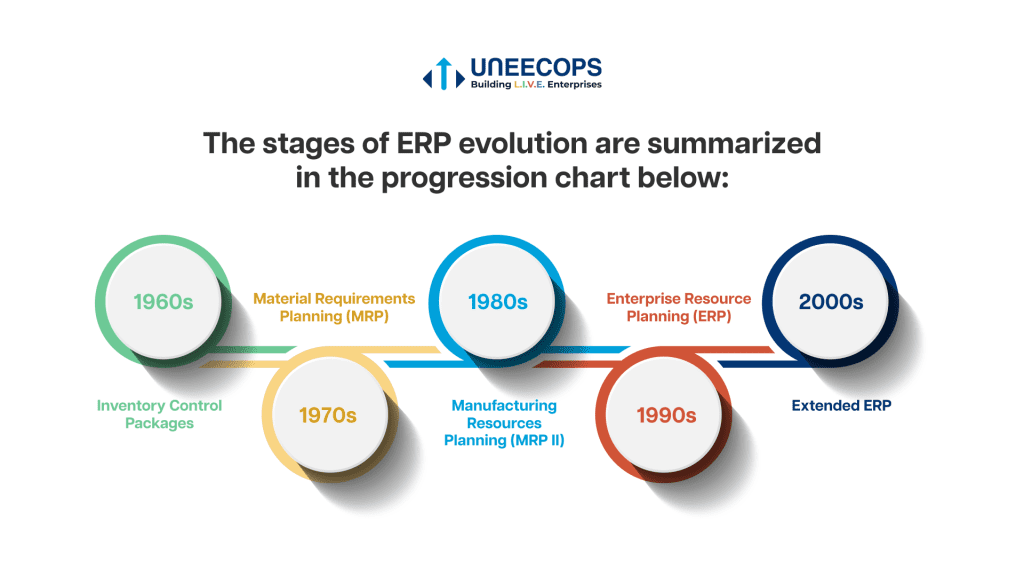Erp For Food Manufacturers
Welcome to our guide on streamlining production with ERP solutions for food manufacturers! In today’s fast-paced world, efficiency is key to staying competitive in the ever-evolving food industry. Implementing the right ERP system can help food manufacturers optimize their processes, reduce waste, and increase productivity. Let’s explore how ERP solutions can revolutionize the way food manufacturers operate, from inventory management to quality control.
Streamlining Production Processes Through ERP
Food manufacturing companies face a multitude of challenges when it comes to streamlining production processes. These challenges can include inventory management, recipe management, quality control, compliance with regulations, and demand forecasting. Fortunately, ERP systems are designed to help food manufacturers effectively address these challenges and streamline their production processes.
One of the key ways that ERP systems help food manufacturers streamline production processes is through improved inventory management. With an ERP system in place, food manufacturers can track raw materials and finished goods in real-time, allowing for better decision-making when it comes to purchasing materials, managing inventory levels, and scheduling production runs. This real-time visibility into inventory also helps reduce the risk of stockouts and overstocking, ultimately leading to cost savings and improved overall efficiency.
Additionally, ERP systems provide food manufacturers with the ability to effectively manage recipes and formulas. With an ERP system, companies can easily access and update recipe information, track changes to ingredients or production processes, and ensure consistency and accuracy in product formulations. This helps food manufacturers maintain product quality, comply with regulatory requirements, and meet customer expectations for consistent and reliable products.
Quality control is another important aspect of production processes that ERP systems can help food manufacturers streamline. ERP systems can automate quality control processes, such as inspections, testing, and audits, to ensure that products meet internal quality standards and regulatory requirements. By integrating quality control processes into the ERP system, companies can minimize errors, reduce waste, and improve overall product quality.
Compliance with regulations is a critical concern for food manufacturers, as failure to comply with food safety regulations can result in costly fines, damage to reputation, and even legal consequences. ERP systems can help food manufacturers streamline compliance processes by centralizing data, automating reporting, and providing visibility into regulatory requirements. By ensuring that all necessary information is captured and reported accurately, ERP systems help food manufacturers stay compliant and avoid potential pitfalls.
Finally, ERP systems can assist food manufacturers with demand forecasting, which is essential for planning production schedules, managing inventory levels, and meeting customer demand. By analyzing historical sales data, market trends, and other relevant factors, ERP systems can generate accurate demand forecasts that help companies optimize production processes and minimize stockouts or overstocking. This proactive approach to demand forecasting helps food manufacturers respond quickly to changing market conditions and make informed decisions about production levels.
In conclusion, ERP systems play a crucial role in helping food manufacturers streamline production processes by improving inventory management, managing recipes and formulas, automating quality control processes, ensuring compliance with regulations, and optimizing demand forecasting. By embracing ERP technology, food manufacturers can enhance efficiency, reduce costs, improve product quality, and ultimately achieve greater success in a competitive industry.
Enhancing Inventory Management with ERP
One of the key benefits of implementing an ERP system for food manufacturers is the ability to enhance inventory management processes. Inventory management is crucial in the food industry as it directly impacts production planning, order fulfillment, and overall profitability. With ERP software, food manufacturers can streamline their inventory management operations and improve efficiency.
ERP systems provide food manufacturers with real-time visibility into their inventory levels, locations, and movements. This visibility enables businesses to accurately track stock levels, anticipate demand, and prevent stockouts or overstock situations. By having accurate and up-to-date inventory information, food manufacturers can optimize their production schedules, reduce waste, and improve customer satisfaction.
In addition to real-time visibility, ERP software also offers advanced forecasting and demand planning capabilities. With access to historical data and predictive analytics, food manufacturers can forecast demand more accurately and plan their production schedules accordingly. This helps businesses avoid stockouts, reduce excess inventory, and minimize holding costs.
Another important feature of ERP systems for enhancing inventory management is inventory control. ERP software allows food manufacturers to set up automated reorder points, safety stock levels, and lead times for each product. By automating these processes, businesses can ensure that they maintain optimal inventory levels at all times and prevent stock shortages or overstock situations.
Furthermore, ERP systems can help food manufacturers improve traceability and compliance with food safety regulations. With ERP software, businesses can track the movement of raw materials, ingredients, and finished products throughout the supply chain. This level of traceability not only enhances food safety but also helps businesses comply with regulations such as the Food Safety Modernization Act (FSMA).
Overall, ERP systems play a crucial role in enhancing inventory management for food manufacturers. By providing real-time visibility, advanced forecasting capabilities, inventory control, and traceability, ERP software enables businesses to optimize their inventory operations, reduce costs, and improve overall efficiency. With the right ERP system in place, food manufacturers can stay ahead of the competition and meet the demands of a rapidly changing industry.
Improving Traceability and Compliance in Food Manufacturing
Traceability and compliance are crucial aspects of food manufacturing, especially when it comes to ensuring the safety and quality of food products. With the help of ERP systems, food manufacturers can improve traceability and compliance in several ways.
One way ERP systems enhance traceability is by providing real-time tracking of ingredients and products throughout the manufacturing process. By integrating data from different departments such as procurement, production, and distribution, ERP systems can create a complete traceability record for each product. This allows manufacturers to quickly trace back any issues or incidents to their source, minimizing the risk of recalls and ensuring compliance with regulatory standards.
ERP systems also help food manufacturers stay compliant with industry regulations and standards. These systems can be customized to include specific compliance requirements and automatically generate reports for regulatory agencies. By streamlining compliance processes, ERP systems reduce the risk of errors and penalties, helping food manufacturers maintain a good reputation in the market.
Moreover, ERP systems can improve communication and collaboration among different departments in a food manufacturing facility. By centralizing data and processes, ERP systems provide a unified platform for employees to share information and coordinate activities. This leads to better decision-making, improved efficiency, and ultimately, higher levels of traceability and compliance.
Another way ERP systems enhance traceability and compliance is through automation. By automating routine tasks such as data entry, inventory management, and quality control, ERP systems reduce the risk of human error and ensure consistency in processes. This not only improves traceability by maintaining accurate records but also helps food manufacturers comply with quality standards and regulations.
Furthermore, ERP systems can help food manufacturers track and monitor the performance of suppliers and vendors. By integrating supplier data into the ERP system, manufacturers can easily assess the quality of ingredients and materials supplied and ensure that they meet the required standards. This visibility into the supply chain not only improves traceability but also helps manufacturers enforce compliance with regulations and requirements.
In conclusion, ERP systems play a vital role in improving traceability and compliance in food manufacturing. By providing real-time tracking, ensuring regulatory compliance, facilitating communication, automating processes, and monitoring supplier performance, these systems help food manufacturers enhance the safety, quality, and accountability of their products. Investing in an ERP system is not only a strategic move for business growth but also a necessary step for maintaining consumer trust and meeting industry standards.
Optimizing Quality Control with ERP Solutions
Quality control is a crucial aspect of food manufacturing, as it directly impacts the safety and satisfaction of consumers. Implementing an ERP system can revolutionize the way food manufacturers manage and improve their quality control processes. Here are several ways in which ERP solutions can optimize quality control:
1. Streamlined Processes: ERP systems provide a centralized platform for managing all aspects of quality control, from raw material inspections to finished product testing. This streamlines processes and eliminates the need for manual data entry, reducing the risk of human error and ensuring consistency in quality control procedures.
2. Real-time Monitoring: With ERP solutions, food manufacturers can monitor quality control metrics in real time, allowing them to identify and address issues as soon as they arise. This proactive approach to quality control helps prevent defects and non-compliance issues, ultimately improving overall product quality.
3. Automated Alerts: ERP systems can be set up to send automated alerts when quality control parameters fall outside of acceptable ranges. This allows manufacturers to take immediate corrective action and prevent defective products from reaching consumers. By catching issues early on, food manufacturers can maintain high standards of quality and safety.
4. Enhanced Traceability: One of the key benefits of ERP solutions for quality control is enhanced traceability. With ERP systems, food manufacturers can track and trace the entire production process, from ingredient sourcing to distribution. This level of traceability allows manufacturers to quickly identify the source of quality issues and implement corrective actions to prevent them from recurring.
Moreover, ERP systems can also provide detailed reports and analytics on quality control trends, allowing manufacturers to identify areas for improvement and make data-driven decisions to enhance overall product quality. By utilizing the data and insights provided by ERP solutions, food manufacturers can continually optimize their quality control processes and stay ahead of the competition.
Increasing Efficiency and Profitability in Food Manufacturing Operations
When it comes to food manufacturing operations, efficiency and profitability are key factors that can make or break a company. Implementing an ERP system specifically designed for the food industry can help streamline processes and improve overall performance. Here are five ways ERP can help food manufacturers increase efficiency and profitability:
1. Inventory Management: One of the biggest challenges for food manufacturers is managing perishable inventory effectively. With an ERP system, manufacturers can track inventory levels in real-time, set up automatic reorder points, and reduce the risk of stockouts or overstocking. This not only improves operational efficiency but also helps minimize wastage and loss due to expired products.
2. Production Planning: ERP software can help food manufacturers optimize their production schedules by considering factors such as demand forecasts, lead times, and raw material availability. By automating the scheduling process, manufacturers can minimize downtime, increase production capacity, and meet customer demand more effectively. This, in turn, can lead to higher profitability through increased output and sales.
3. Quality Control: Maintaining product quality is crucial in the food industry to ensure customer satisfaction and compliance with regulations. An ERP system can help streamline quality control processes by enabling manufacturers to track and trace ingredients, monitor production parameters, and conduct real-time quality checks. By identifying and addressing quality issues promptly, manufacturers can reduce the risk of recalls, improve customer trust, and ultimately, boost profitability.
4. Cost Management: Controlling costs is essential for food manufacturers to remain competitive in the market. ERP software can provide insights into various cost drivers such as raw materials, labor, and overhead expenses. By analyzing this data, manufacturers can identify areas for cost reduction, improve resource allocation, and ultimately, increase profitability. Additionally, ERP systems can help track pricing trends, negotiate better deals with suppliers, and make informed decisions regarding pricing strategies.
5. Supply Chain Visibility: Another key benefit of ERP for food manufacturers is improved supply chain visibility. By integrating all aspects of the supply chain, including suppliers, distributors, and retailers, manufacturers can gain real-time insights into inventory levels, order status, and delivery schedules. This enhanced visibility allows manufacturers to make data-driven decisions, anticipate potential disruptions, and optimize supply chain performance. Ultimately, this can lead to cost savings, enhanced customer satisfaction, and increased profitability.






